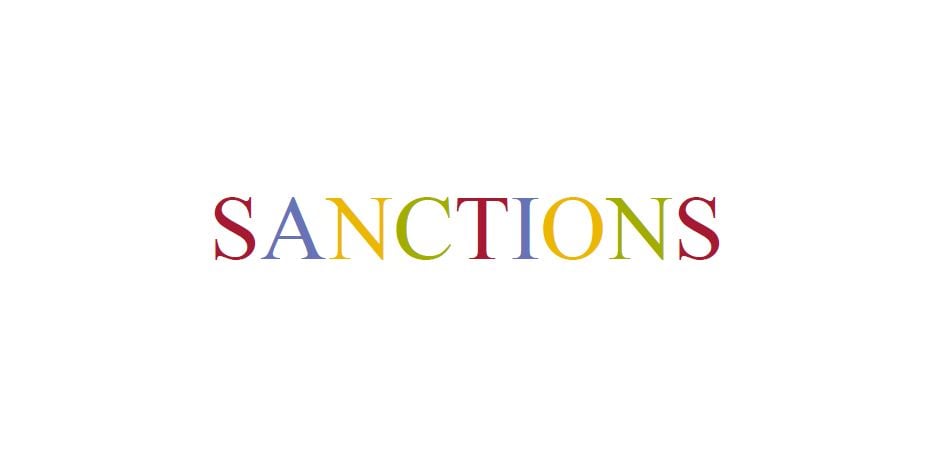The U.S. Commerce Department’s Bureau of Industry and Security (“BIS”) is issuing a final rule amending the Export Administration Regulations, 15 C.F.R. Part 730 et seq. (“EAR”), to impose a license requirement on the export, reexport, or transfer by any person of virtually all “items subject to the EAR” to or within the Crimea region of Ukraine. The final rule will come into effect tomorrow, January 29, 2015, upon publication in the Federal Register. It is intended to complement the comprehensive embargo of Crimea implemented on December 19, 2014 by the U.S. Treasury Department’s Office of Foreign Assets Control (“OFAC”), pursuant to Executive Order 13685. The license requirement for Crimea will be implemented pursuant to a new § 746.6 of the EAR. It will apply not only to exports from the United States, but also reexports from other countries and transfers within Crimea by any person, including non-U.S. persons, of “items subject to the EAR.” (“Items subject to the EAR” include U.S. origin goods, software and technology, as well as foreign-made items with de minimiscontrolled U.S. content.) The only exclusions are for food or medicine designated as EAR99. License applications for exports, reexports, or transfers of all other “items subject to the EAR” to or within Crimea will be subject to a presumption of denial, except for items authorized under OFAC General License No. 4, which will be subject to case-by-case review. Items eligible for General License No. 4 and eligible for case-by-case review include agricultural commodities not meeting the definition of “food,” medical supplies, and medical supply replacement parts, all of which must be designated as EAR99. In addition, the BIS final rule includes a “savings clause” allowing shipments previously eligible for export under an EAR License Exception or without a license (NLR) to proceed, provided (i) they are on dock for loading, on lighter, laden aboard an exporting/reexporting carrier, or en route aboard a carrier to a port of export/reexport on January 29, 2015, and (ii) they are exported/reexported before February 1, 2015. If a shipment does not satisfy these requirements, a license will be required from BIS. If the shipment would otherwise be within the scope of OFAC General License No. 5 (which authorizes certain wind-down activities in Crimea by U.S. persons), the BIS final rule suggests that the applicant note this fact on the license application to BIS. Under new § 746.6 of the EAR, only the following License Exceptions will be available for Crimea:
- TMP for items for use by the news media as set forth in § 740.9(a)(9) of the EAR.
- GOV for items for personal or official use by personnel and agencies of the U.S. Government, the International Atomic Energy Agency (IAEA), or the European Atomic Energy Community (Euratom) as set forth in § 740.11(a) and (b)(2) of the EAR.
- GFT for gift parcels and humanitarian donations as set forth in § 740.12.
- TSU for operation technology and software for lawfully exported commodities as set forth in § 740.13(a) and sales technology as set forth in § 740.13 (b) of the EAR.
- BAG for exports of items by individuals leaving the United States as personal baggage as set forth in § 740.14(a) through (d) of the EAR.
- AVS for civil aircraft and vessels as set forth in § 740.15(a)(4) and (d) of the EAR.
By Alison J. Stafford Powell, Kerry B. Contini and Maria H. van Wagenberg



